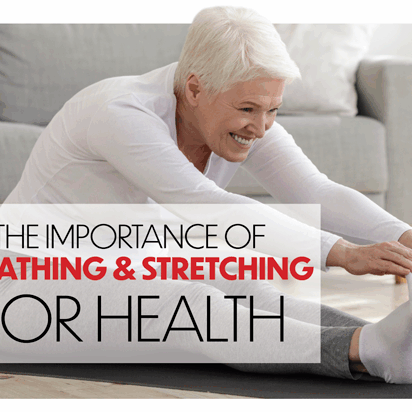Eight Tips for Healthy Eyes
May 2, 2014
May is Healthy Vision Month, so what better time to brush up on a few easy things you can do to protect your vision this month and year-round. As we start to enjoy the colorful full bloom of our gardens and the sights of friends and family enjoying time outdoors, remember how precious your vision is. These sights remind us how worthwhile it is to incorporate these tips into your daily life so you can keep enjoying them for years to come.

- Schedule regular eye exams for your whole family. A comprehensive exam can detect serious problems before you even know they exist.
- Wear sunglasses to protect your eyes from the sun’s UV rays, which can be dangerous even on cloudy days. Too much exposure to these rays can lead to cataracts and macular degeneration. When shopping for sunglasses, select a pair that blocks 99% to 100% of both UVA and UVB rays. Wraparound lenses are a great option to protect your eyes from the side as well. Some contact lenses offer UV protection, but it’s still a smart idea to wear sunglasses to give your eyes maximal protection.
- Rest your eyes once every 20 minutes for 20 seconds while working at a computer or using a digital device. This helps prevent eye strain, blurry vision, difficulty focusing at a distance, dry eyes, headaches, and body pain. You should also be sure your glasses or contact prescription is up-to-date and adequate for computer use. If possible, position your computer screen so that your eyes are level with the top of the monitor, allowing you to look slightly down at the screen.
- Be active. Regular exercise can delay glaucoma and the onset of age-related macular degeneration, which is the leading cause of permanent vision loss later in life. In one recent study, more than 5,600 men and women were followed and it was found that people who engaged in moderate physical exercise were 25% less likely to develop glaucoma than people who were mostly inactive. In one other study, scientists investigated the medical history of more than 3,800 people and found that people who exercised three times weekly were less likely to develop age-related macular degeneration than people who didn’t exercise.
- If you smoke, quit! Smoking increases your risk of cataracts, optic nerve damage, and macular degeneration. If you’ve tried to quit but have not succeeded, try again! Studies have shown that the more times you try to quit, the more likely you are to be successful.
- Eat your greens. A diet rich in fruits, leafy greens, and omega-3 fatty acids can reduce your risk of dry eyes, macular degeneration, glaucoma, and more. Studies have shown that other nutrients like lutein, zinc, and vitamins C and E can also help ward off age-related vision problems like cataracts. Keep in mind that eating a well-balanced diet contributes to maintaining a healthy weight. This makes you less likely to get obesity-related diseases like type 2 diabetes, the leading cause of blindness in adults.
- Wear safety goggles during sports and activities that pose a risk to your eyes. Sports like ice hockey, racquetball, or lacrosse can be high-risk to your eyes, so be sure to wear a helmet with protective face mask or sports goggles with polycarbonate lenses. An estimated 2.4 million eye injuries will occur in 2014, and 90% could be avoided by wearing protective eyewear.
- Drink lots of water. Without enough water, you can’t produce enough tears to keep your eyes moist and nourished. Drinking water also allows your eyes to repel dirt, dust and parasites that might cause infection.




